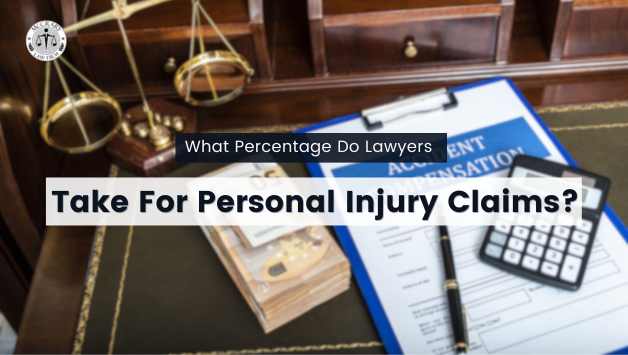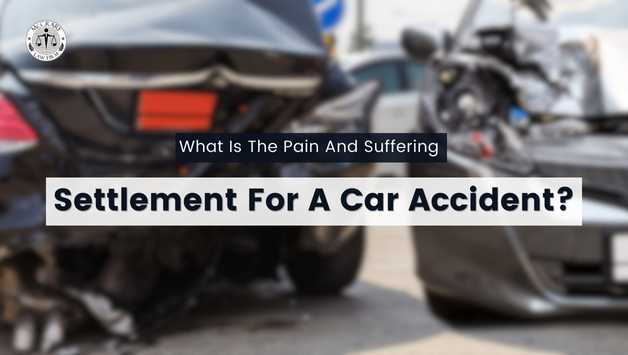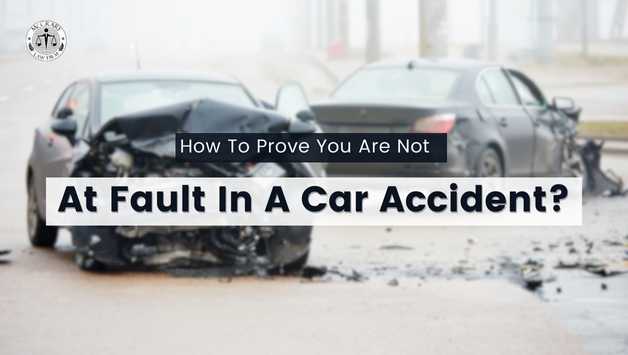How To Prove You Are Not At Fault In A Car Accident? Simple Steps!
What Are Your Chances of Winning Disability With A Lawyer?
By Dan McCrary | January 23, 2024

The Department of Social Security Administration has introduced two programs SSDI and SSI for disabled people. Any citizens who meet the criteria for disability can receive financial assistance.
However, as stated it’s only for individuals who meet the criteria and follow the proper process which isn’t easy without lawyers. If you have a lawyer on your side, they’ll guide you about the rules and how you can get the aid.
To help you out and make your decision easy, we’ll discuss what are your chances of winning disability with a lawyer. This will help you determine whether it’s worth hiring a lawyer or you can file a disability claim yourself.
What Are Disability Benefits?
Disability benefits as the name suggests are the benefits for individuals who are disabled physically or mentally and can’t work. In this situation, the government or its organizations step in and introduce programs that financially support the disabled individuals.
There are two main programs, Social Security Disability Insurance (SSDI) and Supplemental Security Income (SSI). Both are to support disabled individuals but SSDI requires good work credits while SSI can be achieved with limited work history.
You can apply for both SSDI and SSI, but it’s crucial to understand their specific requirements. If you don’t meet the requirements, you won’t be eligible for the benefits or any financial assistance.
Have a question?
We’re here to help 24/7.
Call or Text Us Now (855) 752-6326
Chances of Getting Approved For Disability With A Lawyer
Besides meeting the requirements, another point that increases the chances of getting approved for disability benefits is a lawyer. As per the audit institution GOA (Government, Accountability Office) of the United States:
“The variable for attorney representation indicates that, on average, the odds of allowance for claimants with attorney representation are 3.3 times higher than those for claimants with no representation.” (Report: SSA DISABILITY DECISION MAKING)
This report clearly shows that having a lawyer can help you present your claim more effectively compared to going without representation. If you need legal assistance for your disability claim, you can contact our law firm MCCRARY for a free consultation.
5 Main Responsibilities of Disability Claim Lawyer
It’s evident that having a lawyer on your side while filing a disability claim is beneficial but how? That’s what we’ll discuss below by explaining the duties your lawyer will perform to ensure you get approved for the disability benefits.
1. Guiding You For The Process
The main responsibility of a disability lawyer is to prepare their client for the process. They guide you about the legal issues, requirements, the overall application process, and what you can do in case the organization denies your claim.
2. Collecting Medical Evidences
The next responsibility is to make sure the disabled person meets the requirements of the disability program. They’ll also guide you about what medical evidence you need and from where you can get them for disability benefits.
3. Submitting Application
Once medical evidence and other documents like tax returns, or W-2 forms are prepared your lawyer will submit the application of claim. You can also perform this task by submitting an online application for SSDI and SSI.
4. Representation In Court
If your application is approved, the court proceedings will begin. During these hearings, the judge will review your evidence. Your lawyer will represent you, presenting and explaining your medical records and making the case for why you are eligible for disability benefits.
5. Repealing In Case of Denied Claim
While it’s uncommon to be denied disability benefits when you meet requirements, have lawyers and proper medical records. However, if it does happen, your lawyers will appeal again with strong evidence and reasons.
Personal Injury
Car Accident
Dog Bite
Motorcycle Accident
Truck Accident
Uber or Lyft
Wrongful Death
Latest News
What Are The Chances of Winning Disability With A Lawyer? Final Thoughts
The decision to involve a lawyer in your disability claim significantly impacts your chances of success. After all, lawyers are professionals who know the legal issues and the requirements of disability cases.
Disability claim lawyers will not only guide you but they’ll also present and explain your medical records, making a compelling case for your eligibility for disability benefits. And in case a judge denies your claim, they’ll appeal again with stronger reasons.
FREE CONSULTATION 24/7, NO FEES UNTIL WE WIN .
Call or Text Us Now (855) 752-6326











